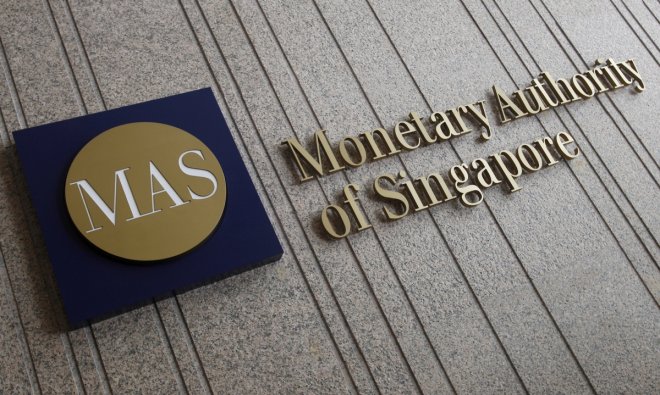
Singapore's consumer price index (CPI) edged up slightly in July, with CPI-All Items inflation rising to 0.6 percent from 0.5 percent a month ago.
According to the Monetary Authority of Singapore (MAS) and the Ministry of Trade and Industry (MTI), this is due to the higher retail and water prices for the said month.
Also READ: Housing costs push Singapore inflation to 1.4%
Retail items, which include items such as clothing, footwear, and household durables, saw prices rise 1.2 percent. This is a collective price increase with water costs.
Water prices in Singapore comprising water tariffs, water conservation tax, waterborne fee and sanitary appliance fee were revised upwards by 15 percent in the said month. This is part of a phased 30 percent increase in water prices in over two years as announced during Singapore Budget 2017.
More so, the sanitary appliance fee and waterborne fee were restructured into a single volume-based fee.
Meanwhile, the private road transportation inflation also posted an increase of 3.5 percent in July compared to the 3 percent rise in June. MTI and MAS noted that this is due to the smaller decline in car prices witnessed in the same month.
It was the same story for the services sector, which saw inflation going up to 1.4 percent, reflecting an increase in telecommunication services fees.
On the other hand, the cost of electricity and gas moderated from the 19.1 percent increase in June to 7.9 percent. The reason behind the easing was the smaller increase in electricity tariffs following a fall in global oil prices.
A steeper cost decline was recorded in the accommodation sector, down 4.1 percent due to the smaller increase in housing maintenance and repairs costs.
In terms of food products, inflation was stable at 1.4 percent given the rise in non-cooked food prices which is offset by the dip in prepared meals costs.
MAS Core Inflation, which excludes costs and accommodation, was stable at 1.6 percent.
"Global oil prices have risen from their trough in the previous year, and are likely to average higher in 2017, although upward pressures would be capped by elevated inventories alongside rising US crude oil production," MTI said.
It added, "Administrative price adjustments will also contribute to a temporary increase in inflation this year. Overall, domestic sources of inflation remain relatively muted," MTI said in a statement.
The trade ministry also noted that the subdued economic environment will limit the extent to which businesses pass on higher costs to consumers. With this, headline inflation is projected to rise 0.5-1.5 percent this year.








